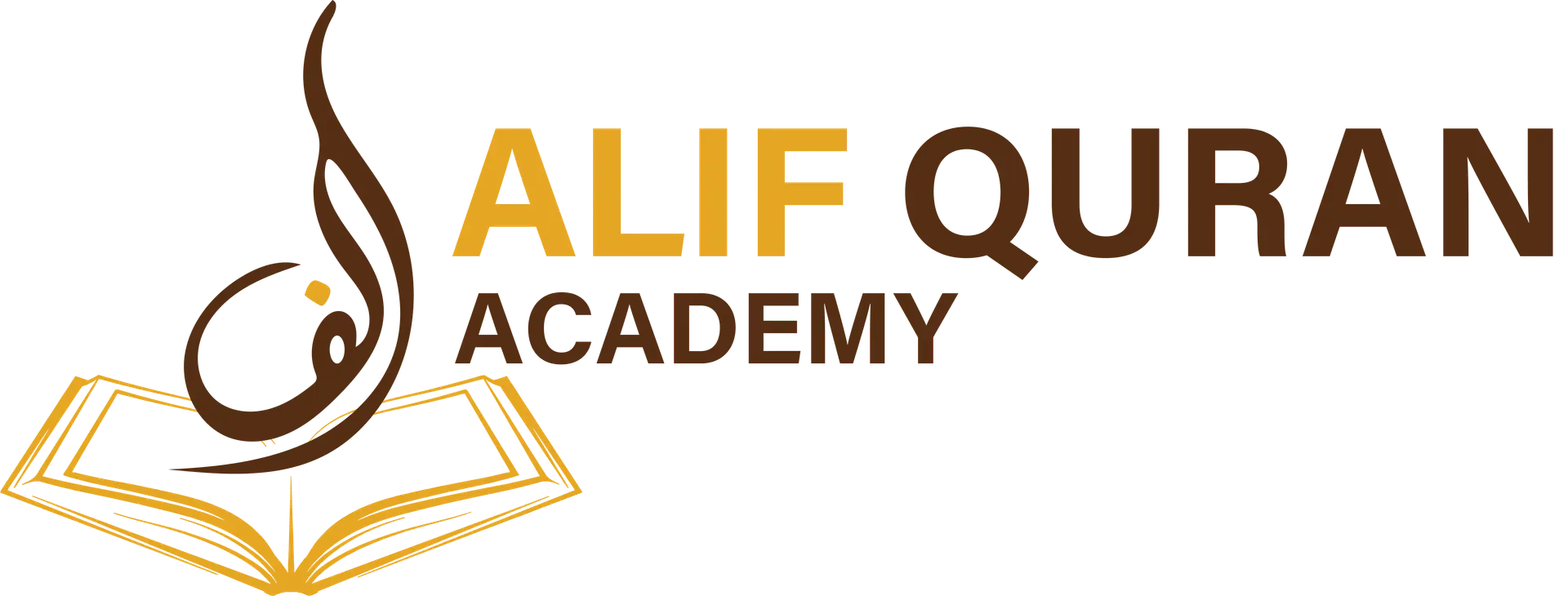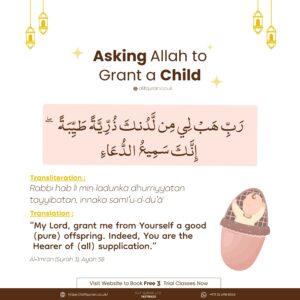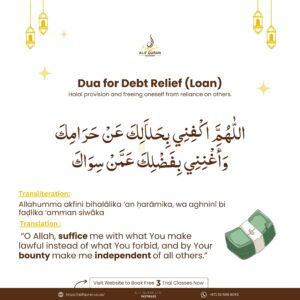Dua for Rizq - Powerful Quranic Supplication for Wealth and Sustenance

Are you struggling with financial worries and looking for spiritual support? In Islam, turning to Allah through heartfelt duas (supplications) is one of the most powerful ways to seek relief and blessings. One of the most well-known and effective duas for wealth and sustenance (rizq) comes from Surah Al-Qasas (28:24):
“رَبِّ إِنِّي لِمَا أَنزَلْتَ إِلَيَّ مِنْ خَيْرٍ فَقِيرٌ”
“My Lord, indeed I am in need of whatever good You send down to me.”
— Surah Al-Qasas, 28:24
This dua, made by Prophet Musa (Moses عليه السلام) when he was at his lowest—homeless, jobless, and alone—carries immense spiritual weight and meaning. In this article, we will explore the depth of this dua, why it is so powerful, how to recite it properly, and how it can be a source of barakah (blessings) in your life.
What is Rizq in Islam?
Rizq means provision, but in Islamic understanding, it goes beyond just money. Rizq includes:
Wealth and income
Food and drink
Health and wellbeing
Knowledge
Time and opportunities
Peace of mind and contentment
Rizq is entirely in the hands of Allah. As mentioned in the Quran:
“Indeed, Allah is the [continuous] Provider, the firm possessor of strength.”
— Surah Adh-Dhariyat (51:58)
Context of the Dua in Surah Al-Qasas (28:24)
The dua, “Rabbi inni lima anzalta ilayya min khairin faqir,” was made by Prophet Musa عليه السلام after fleeing Egypt. He had just defended an oppressed man, which led to an accidental killing. Now a fugitive, he escaped to Madyan with nothing—no shelter, food, or money.
Upon helping two young women water their flock at a well, Prophet Musa retreated to the shade, exhausted and desperate. It was then that he made this heartfelt dua to Allah, acknowledging his utter neediness:
“My Lord, truly I am in need of whatever good You send down to me.”
Shortly after this dua, Allah’s mercy arrived. He was offered food, shelter, safety, and eventually employment and marriage.
The Power of This Dua for Rizq Today
Whether you are:
Seeking a job
Struggling financially
Dealing with family expenses
Running a business
Hoping for general barakah in your rizq
This dua is a reminder that turning sincerely to Allah can bring unseen help. It reflects humility, dependence, and tawakkul (trust in Allah)—key qualities for receiving Allah’s blessings.
How to Recite the Dua for Rizq
Arabic Text:
رَبِّ إِنِّي لِمَا أَنزَلْتَ إِلَيَّ مِنْ خَيْرٍ فَقِيرٌ
Transliteration:
Rabbi inni lima anzalta ilayya min khairin faqir
English Translation:
“My Lord, indeed I am in need of whatever good You send down to me.”
Tips for recitation:
Be sincere – make this dua with full focus and humility.
After salah – recite it after your five daily prayers.
In sujood (prostration) – when you are closest to Allah.
Tahajjud time – the last third of the night is the best time for supplication.
Benefits of This Dua for Wealth and Sustenance
Directly from the Quran – Words chosen by Allah carry power beyond our comprehension.
Prayed by a Prophet – Following the footsteps of Prophet Musa عليه السلام adds weight to our own prayers.
Opens doors – When made with conviction, this dua can open doors to unexpected opportunities.
Cleanses the heart – Expressing need to Allah reminds us that all provision is from Him alone.
Pairing Dua with Action
While duas are powerful, Islam also encourages action. After making this dua, Prophet Musa helped others, which led to his own rizq arriving. This teaches us that:
Help others in need
Be honest and hardworking
Look for halal means of earning
Trust Allah but also take steps forward
Other Quranic Duas for Rizq
While Surah Al-Qasas (28:24) is a foundational dua for rizq, other Quranic duas also focus on sustenance:
1. Surah Al-Muzzammil (73:20)
“Seek forgiveness of your Lord. Indeed, He is ever a Perpetual Forgiver. He will send [rain from] the sky upon you in [continuing] showers and give you increase in wealth and children…”
This shows the connection between istighfar (seeking forgiveness) and abundance in provision.
2. Surah Al-Baqarah (2:201)
“Our Lord, give us in this world [that which is] good and in the Hereafter [that which is] good…”
Ask for good in both worlds, which includes halal rizq and spiritual blessings.
Teaching Kids the Dua for Rizq
At Alif Quran Academy, we understand the importance of building a spiritual foundation early. That’s why we include supplications like this dua in our “Lessons for Kids”, using age-appropriate methods to teach:
Quran memorization
Understanding the meaning of duas
Practicing gratitude and patience
Making dua a habit in daily life
Whether your child is in the UK or elsewhere, our qualified online Quran teachers make Islamic learning interactive, structured, and engaging.
Why Choose Alif Quran Academy?
We are a trusted online Quran school, offering:
✅ 3 Free Trial Classes
✅ Trained, Understanding Teachers
✅ Flexible Schedules (2 classes/week and more)
✅ Affordable Fee Structure
✅ Classes for Kids, Adults, and New Muslims
✅ Special Support for Students with Autism or Learning Needs
Our goal is to make Quran learning accessible to all—no matter your background or schedule.
Final Thoughts
Making dua for rizq is not just a plea for wealth—it’s a spiritual act of surrender and trust in Allah’s wisdom. The dua from Surah Al-Qasas (28:24) is a beautiful reminder that even the greatest prophets turned to Allah in times of hardship.
Recite it daily, believe in its power, and see how Allah opens doors for you in ways you never imagined.
“My Lord, indeed I am in need of whatever good You send down to me.”
— Surah Al-Qasas (28:24)









